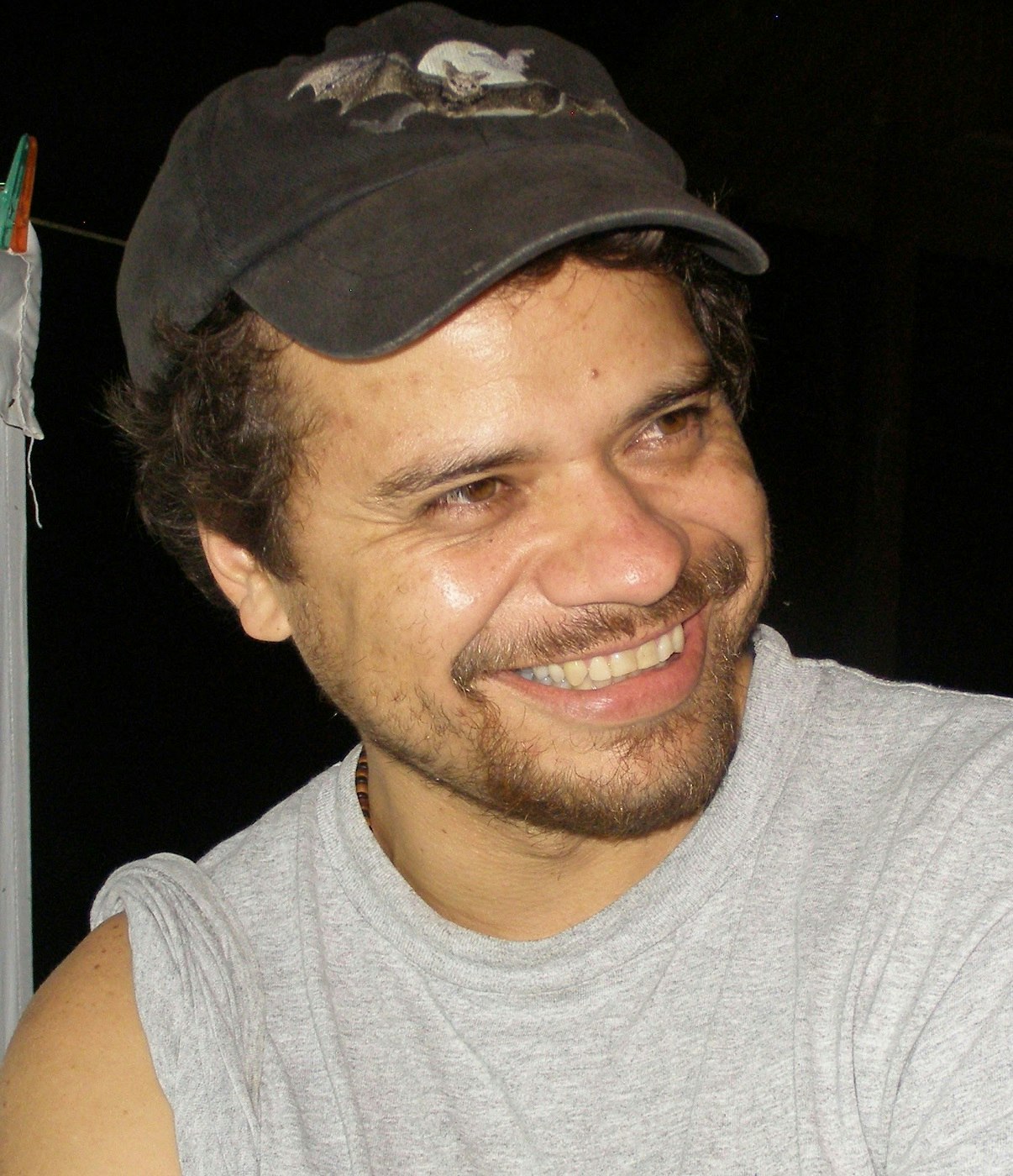A cooperative regional strategy for the conservation of Central American bats, Costa Rica
Bernal Rodriguez-Herrera is a Professor at the University of Costa Rica and the Academic and Research Director of the Tirimbina Biological Reserve, an organisation dedicated to conserving a 345 hectare wildlife refuge in the north of the country. He is also the Founder and President of the Costa Rican Conservation Bat Programme (PCMCR) as well as the President-Elect of the Latin American Bat Conservation Network (RELCOM).

Despite being based in Costa Rica, Bernal’s vision for bat conservation extends right across Central America, an area which has the greatest richness of bat genera in the world – with over 170 species and numerous cases of endemism. These bats are critical to maintaining healthy ecosystems but also, historically, they play an important part in the extraordinary cultural diversity of the region. Despite this, bats are in urgent need of conservation attention. Bernal explains, “Mesoamerican indigenous cultures consider bats as positive symbols, associated with magic and fertility. For example, the Mayan God, Zotz, is represented by a bat and, for the Bribri of Costa Rica, the bat was responsible for creating the earth. However, currently in the non-indigenous cultures bats are feared and attacked, mainly through ignorance and bad publicity. The bats’ situation is made worse through growing loss of habitat to agriculture and development.”
Currently, Central American countries lack the qualified personnel to carry out the required actions to conserve bats whilst mammalogy and conservation biology courses are not widely available. Also, although Central America is made up of small countries that share threats and priority conservation areas, there is relatively little coordination of management between them.
Bernal’s aim is to establish bat conservation programmes in Guatemala, Honduras, El Salvador, and Costa Rica by implementing a joint cross-border management strategy. Bernal’s belief is that in order for conservation to be effective, efforts must be carried out regionally and not just in a single country. Having already identified young professionals committed to conservation to work as leaders in their own countries, Bernal is continuing to train these students, providing tools that will allow them to confront their own conservation problems, develop their own research, generate resources, and train other students to build in-country capacity. Work plans are also being developed for each country that identify threats to bats and prioritise species and areas for conservation. Central to this is the involvement of stake holders at all levels. In this way, Bernal’s legacy will be one of a lasting capacity for conservation in Central America, and not just for bats.





